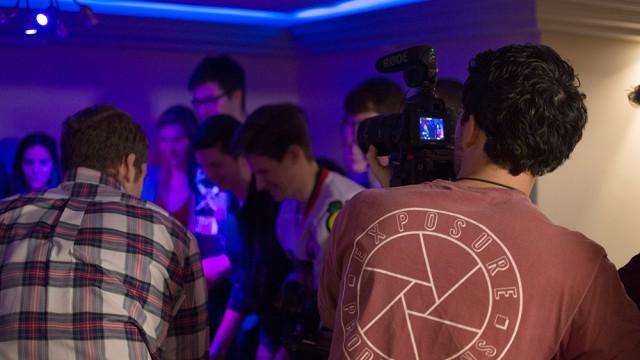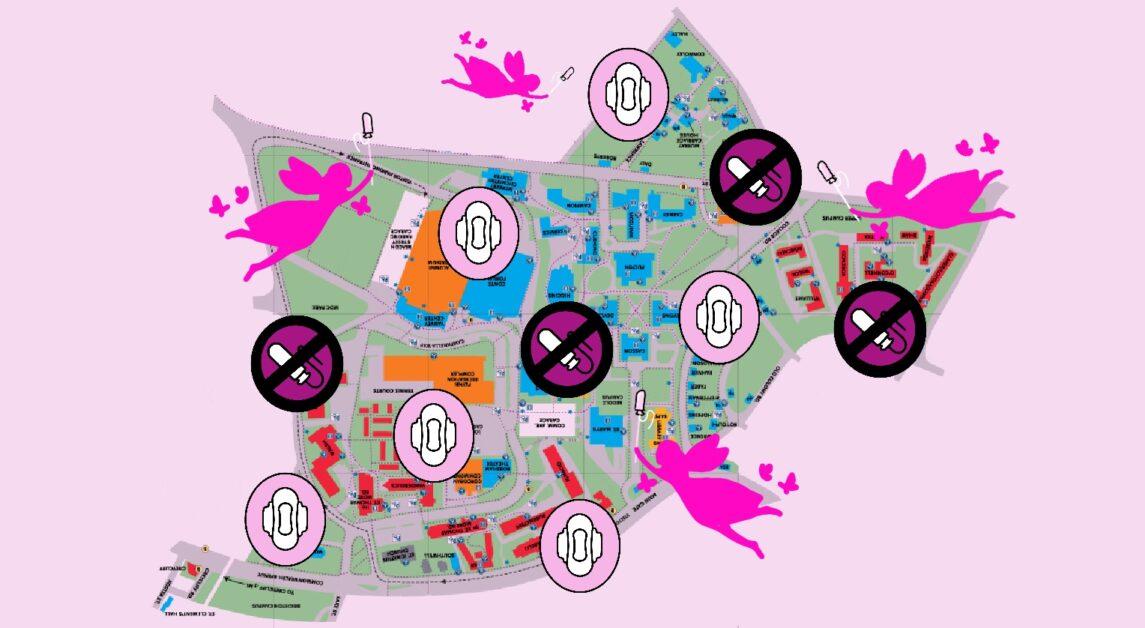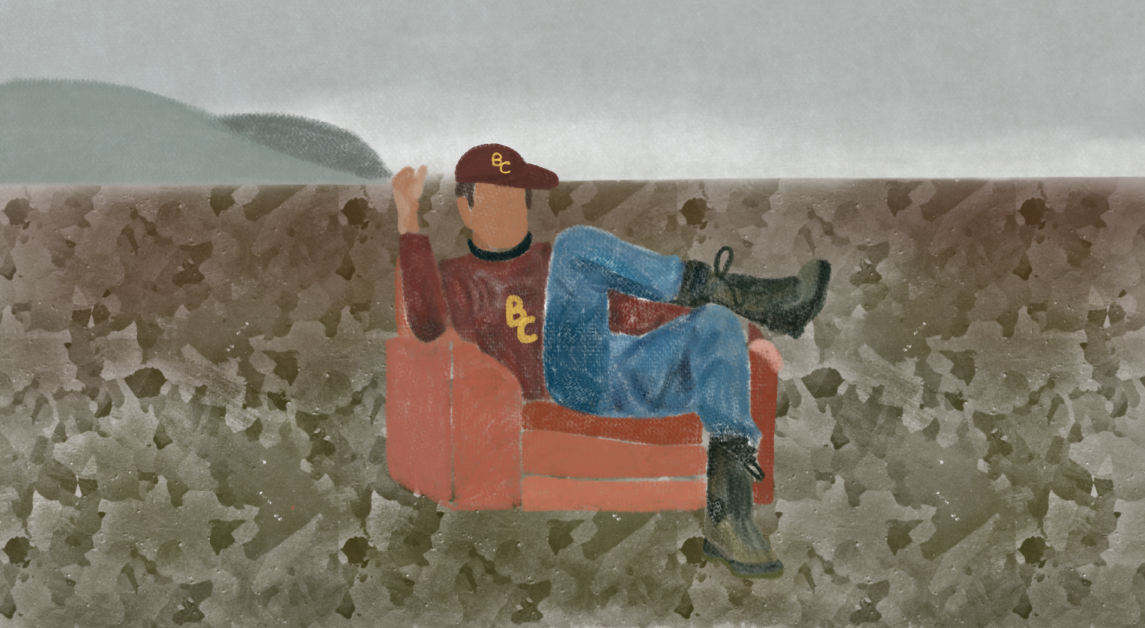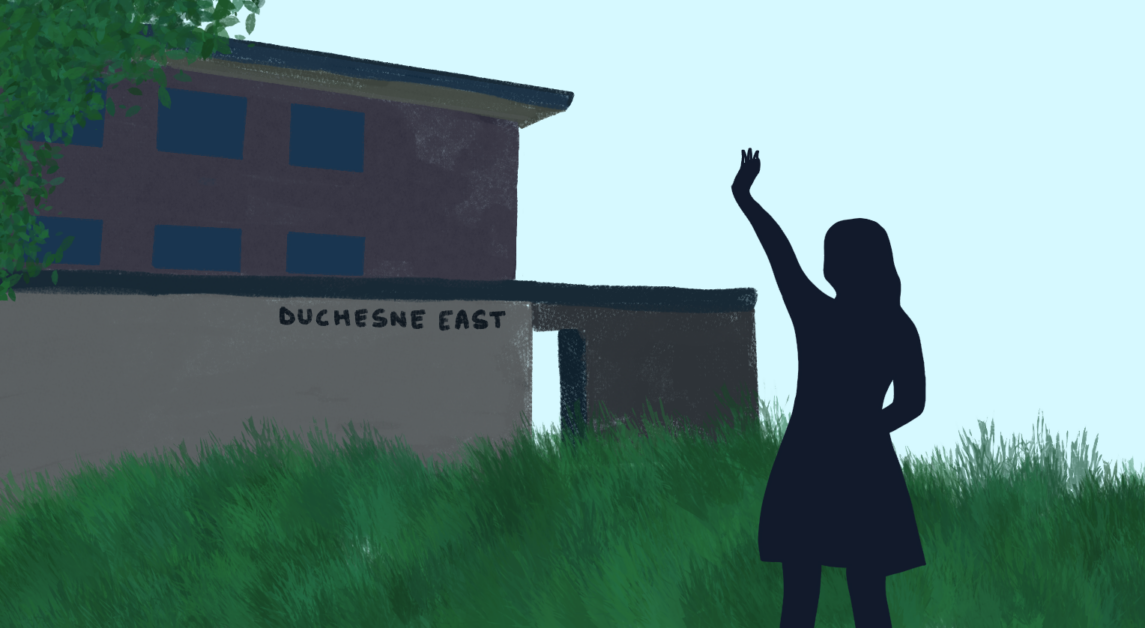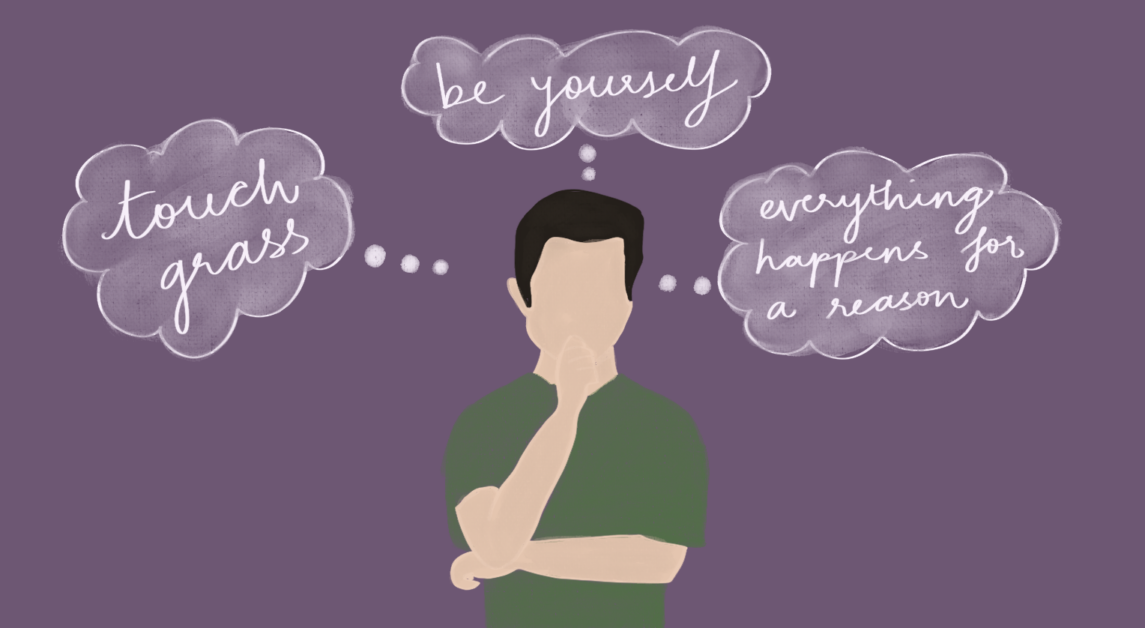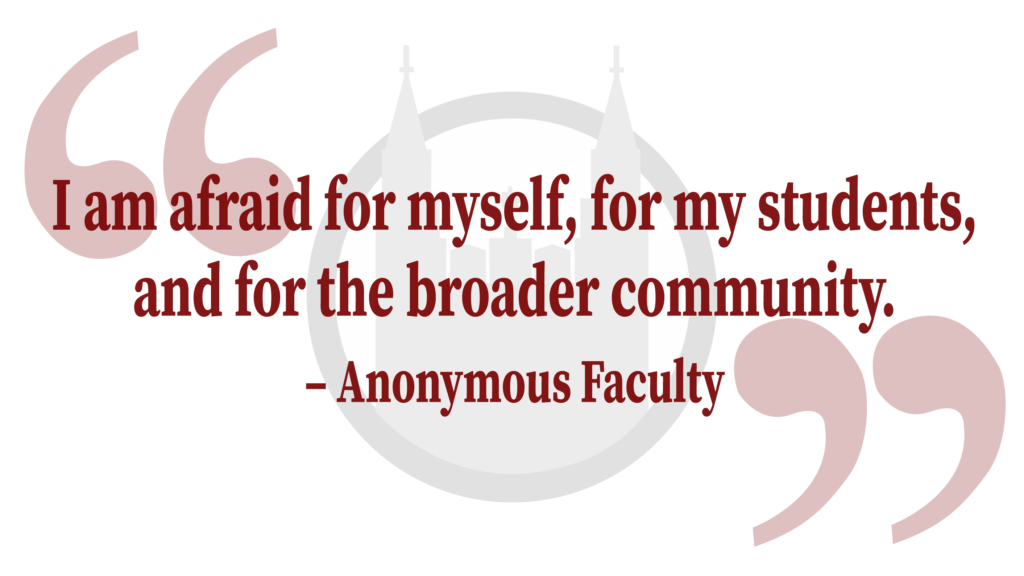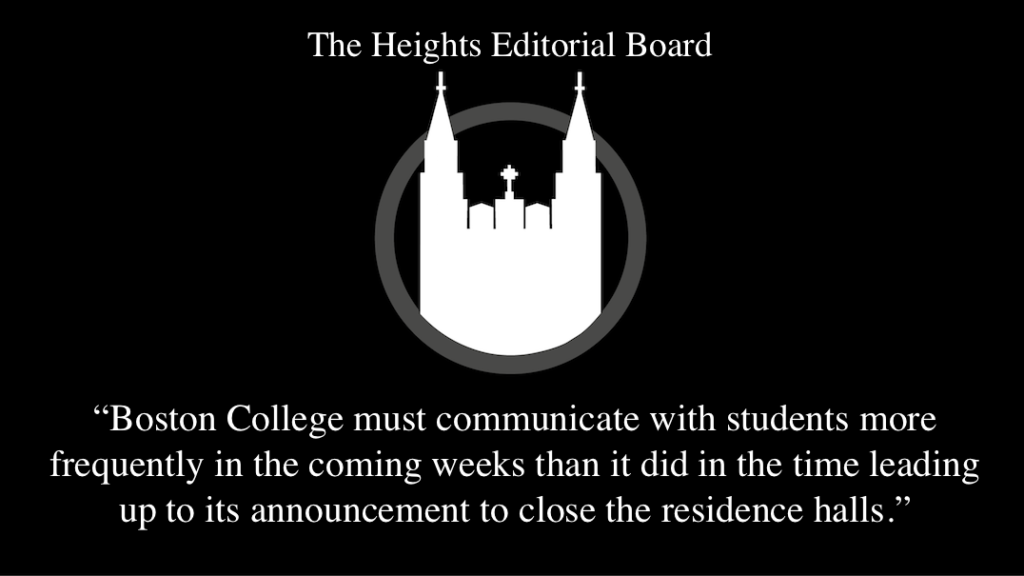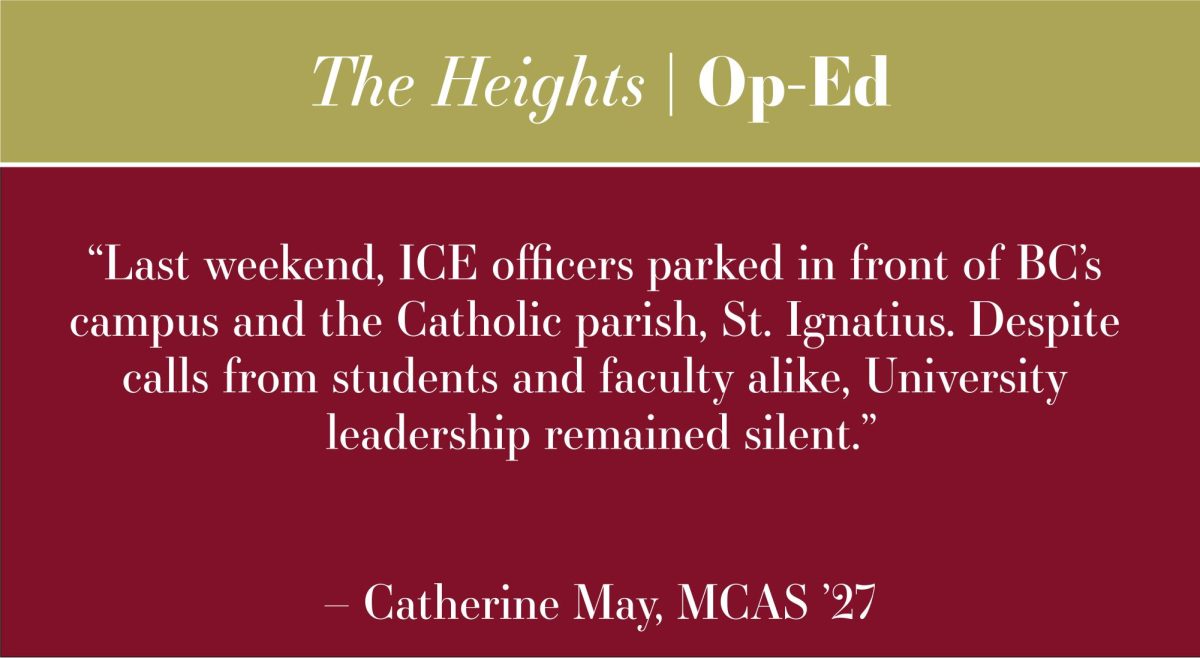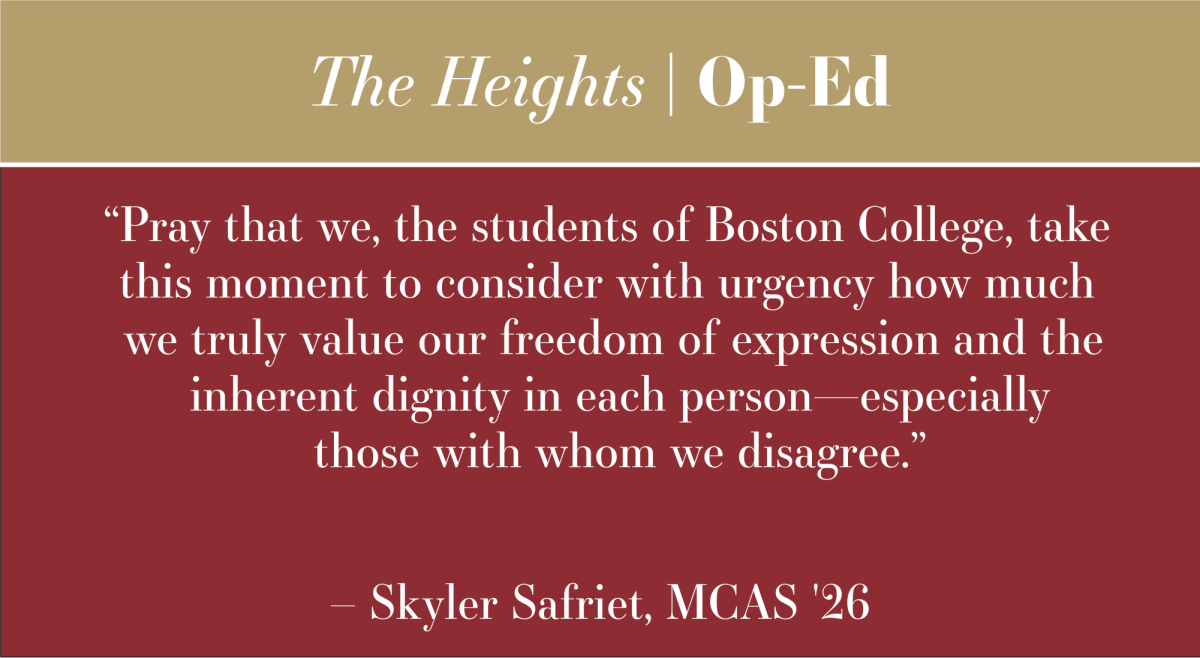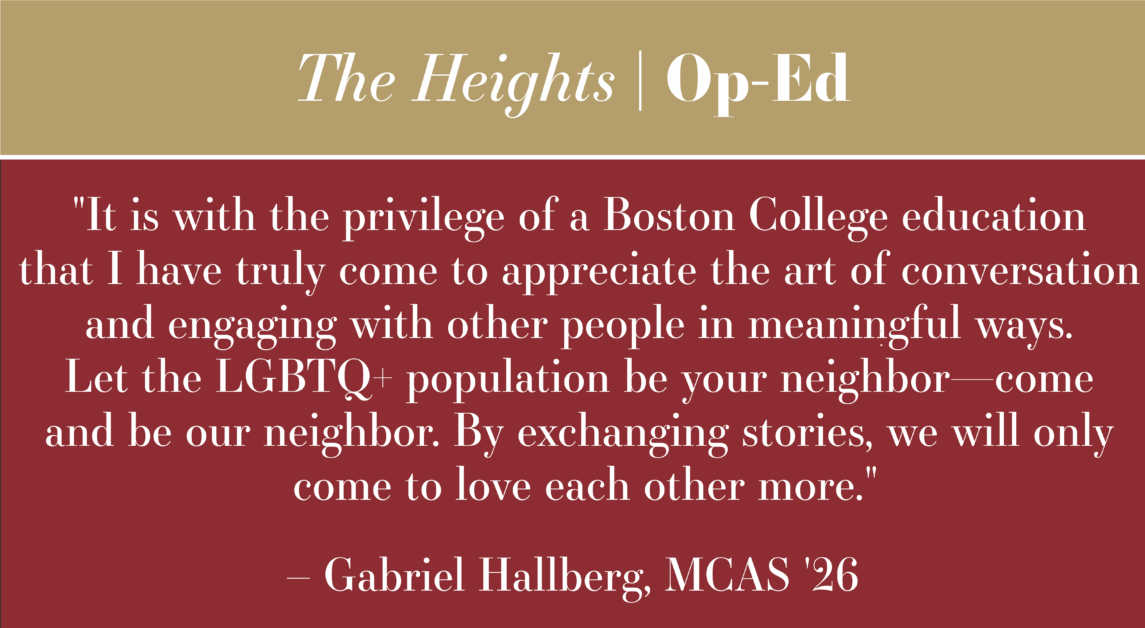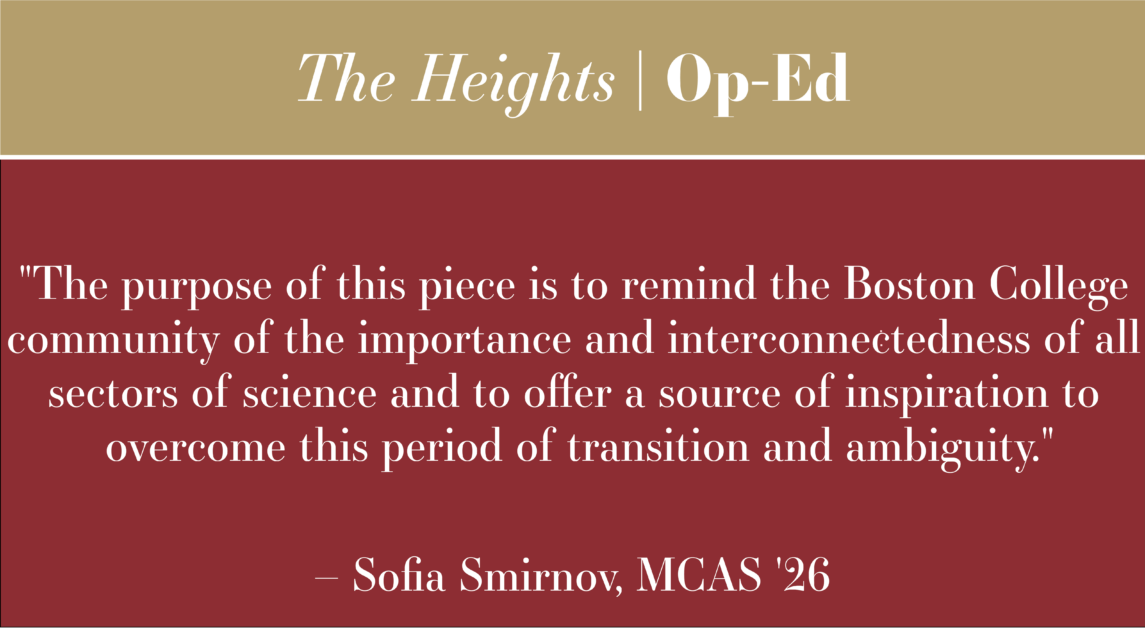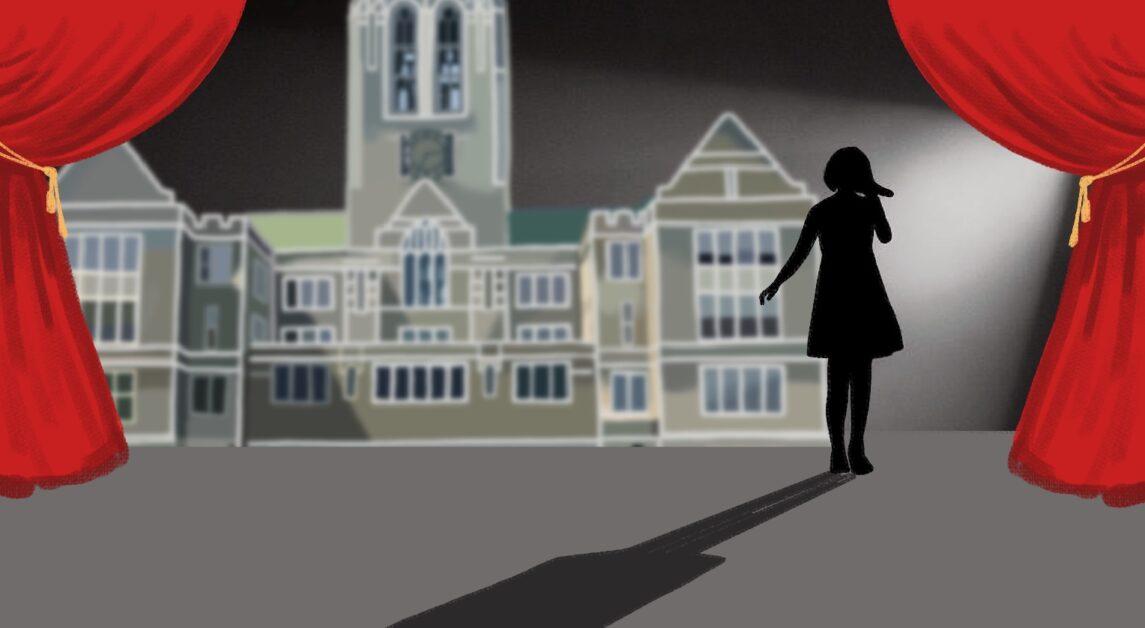Disclaimer 1: This certified Hot Take was written before the release of the second episode of Mod of Cards. For all I know, episode two of Mod of Cards is a hater-silencing opus ambitiously filmed over the course of 12 years that charts with grace and precision the ineffable passage of time in a bildungsroman of Joycean proportions. Or it’s Sharknado. Or something in the middle.
Disclaimer 2: This certified Hot Take was written despite its author having seen only half of the first episode of House of Cards. In the first scene, Kevin Spacey kills a dog (quelle metaphorique, but awful call by Mod of Cards to play their version of this scene straight) and for the rest of the episode he and the show are very, very smug. I decided House of Cards was one of those shows that would never do anything I liked and turned it off.
Mod of Cards is a work of art, and a vital one at that. Based on the first episode alone it’s shaping up to be a sprawling epic of how and why we work and create at Boston College. Yet despite its noteworthy size and scope, it risks being dismissed as your average shoddy student production.
The reactions I’ve seen to the first two episodes of Mod of Cards generally fit two categories: faint and glib “at least they’re trying” condescension, or shock—utter shock—that it comes off as plagiarized and self-seriously silly. At the very least Mod of Cards takes itself seriously, so let’s give it a serious appraisal.
The “plagiarized and silly” critique needs further investigation. The viewer has to wonder exactly what the show is accomplishing with its near-wholesale cribbing of House of Cards’ script and characters. I hope for its own sake that the show isn’t trying to siphon the drama of House of Cards into a BC setting without assuming it’s going to lose any sense of atmosphere, theme, character depth, or urgency.
While it’s true that the same stories are always retold with only slight changes in setting or plot, there’s a reason no one’s taken the time to do a shot-for-shot remake of Raging Bull set in the Plex. In the first episode, one character’s pursuit for the “not tip on the spring concert” hardly warrants the clinical humorlessness the scene projects. The rest of the proceedings all more or less follow this same rhythm, actors glowering into moody silence about God-knows-what internal UGBC affair.
So its seeming inability to achieve tonal control would be a fundamental weakness, and we must look elsewhere for the production’s merits. After all, why transliterate House of Cards wholesale when there’s genuine political drama to be found in contemporary BC student politics? A student-produced documentary about current struggles for free speech on campus would surely capture that spirit, so maybe we can fry different fish with Mod of Cards.
Truth be told, there’s something strangely revealing about BC students building the foundation of a show on the pomposity and braggadocio of a 20-year-old Frank Underwood (my deepest apologies to the one Frank I know at BC, but I have a hard time associating the name “Frank” with 20-year-olds). Mod of Cards discomfortingly straddles the line between genuine thriller and threadbare student film, and in doing so evokes how the BC student body tries to climb social and professional ladders: by awkwardly pretending to have professional credentials and flat cynicism.
Mod of Cards’ Frank Underwood says, “In other words, I network a lot. And I use my networking to get things done.” What sounds in the scene like a trumped-up threat registers to BC ears as garden-variety job hunt rhetoric of Frank’s “resourceful entrepreneur friends.” The cinematography of Mod of Cards shifts abruptly between the functional but over-lit and the self-promotingly flamboyant. There are more than a couple of camera motions which for me seem hard to justify other than as look-at-the-directing-we-learned pirouettes, dolly shots which in vain defibrillate otherwise lifeless, jargony scenes.
This aesthetic is so in touch with the amateurishly boastful and conniving nature of collegiate “networking” that it becomes difficult to separate the show itself from its subjects. It speaks the cinematic language of a get-ahead resume builder, a mating dance to woo the immaterial “future employer,” no different from a thankless summer internship or a marketing degree. And in doing so it depicts exactly what it’s like for every BC student to stare into the abyss of uncertain 20s-hood and hopelessly pile sandbags of work cred against the typhoon of professional flux we will nevertheless experience. It’s tragic and quite unpleasant to watch.
Mod of Cards, in short, is an impressionistic account of how it feels to go to the Career Fair. You should all be watching this unfold. This is a cross-section of BC mass culture writ large, our collective self talking back to us. I look forward, despairingly, to every episode.
Featured Image by Clare Kim / Heights Staff

